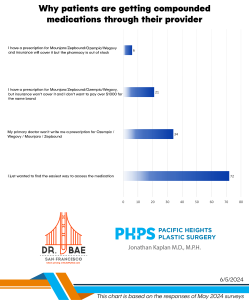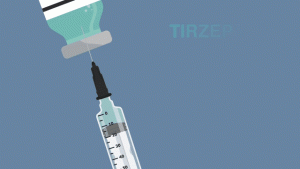
In a recent article out of Connecticut, a woman embezzled over $200,000 from a plastic surgeon. She had previously embezzled money in California back in the late 90’s but it’s not clear if that was from a physician practice as well. The plastic surgeon only realized that his finances didn’t add up when he had to collect his records for the purposes of a divorce he was going through!
Two things caught my eye from the story. First, the writer of the article apparently thinks no one would be sympathetic to a story about someone stealing money from a plastic surgeon! Why? The author points out that the doctor performs “extensive charity work for UNICEF.” I guess he, the author, assumes most people will hear that $200,000 was stolen from a plastic surgeon and think, “plastic surgeons have tons of money, they won’t miss $200,000!” Well, regardless of how much you think a plastic surgeon makes, I think anyone would “feel it” if $200,000 was stolen from them.
The second thing that caught my eye is how can someone steal $200,000 from you and you don’t notice? Now, I’m not trying to bring bad luck on myself but seriously, how does that happen. Or at least, how does that happen in this technological age. Here’s what I mean.
Electronic records for all transactions
If you use Quickbooks or a bookkeeper to check your records, chances are you’ll notice someone is stealing your money. Even if a person doesn’t use Quickbooks, you can still receive notifications whenever you spend money. For example, every time my American Express card is charged, I get a push notification on my phone with the amount and where the money went. Any time there’s a payment from my business checking account, if it’s above a certain limit, I get an email and a text. But even if it’s a minuscule amount, it still shows up on my online statement and syncs with my Quickbooks account which I reconcile often.
Not only that, but whenever there’s a payment by credit card, check or cash at the front desk from a patient, I get a notification. Additionally, I can compare those transactions through the credit card processor (we use Square) to be sure they match transactions in our patient scheduling/practice management software.
And lastly, if someone opens a credit card in my name, I get an alert from one of the credit agencies – that’s a service that comes with a monthly fee. So between email notifications, texts, push messages, comparing Quickbooks with bank statements, credit card processors and practice management software, how do you not know someone is stealing $200,000 from you? The answer in this particular case of the doctor in Connecticut is that he didn’t do any, not even a single one, of the things I mentioned above. He didn’t deserve to have money stolen from him – the criminal in this case is the office manager – but he clearly needs to care as much about the health of his practice as he does the health of his patients.
Has anyone ever embezzled from your business? Or more interestingly, have you ever embezzled money?! If so, please leave your name and location with a full confession!
Click here for the original blog post written by Dr. Jonathan Kaplan for BuildMyBod.




